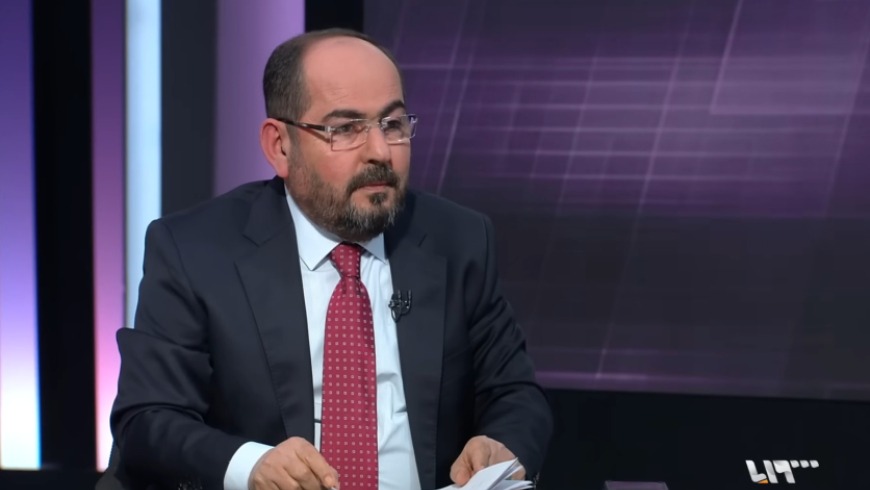The head of the Syrian Interim Government, Abdul Rahman Mustafa, has denied rumors of the government’s dissolution following reports claiming he had informed employees that this month would be their last in office.
Mustafa clarified to Syria TV that the claims are baseless, stating, “This news is not true, and I don’t know who published it. I have not informed the employees that this month marks the end of their work within the government.”
No Communication with the New Government
Mustafa also revealed that he has not yet personally engaged with the new Syrian administration, led by Mohammad al-Bashir in Damascus. He emphasized that any communication occurs through the Syrian National Coalition.
Despite this lack of direct contact, Mustafa stressed that there are no disagreements with the new government. He noted that the interim government continues to manage many responsibilities in northern Syria, effectively “carrying the burden” of the Damascus government. He also highlighted that the Syrian National Army (SNA) is actively conducting operations against the Kurdistan Workers’ Party (PKK) and the Syrian Democratic Forces (SDF) in northeastern Syria.
Towards Partnership with the New Government
The interim government, according to Mustafa, is open to becoming part of a unified Syrian government. He indicated that this could be achieved following the planned national conference, where the formation of a participatory government representing all Syrian people will be announced.
Mustafa also confirmed that the interim government has transferred the management of border crossings with Turkey, including Bab al-Salama, al-Rai, and Jarablus, to the new government. As a result, the financial resources from these crossings now flow into the coffers of the Damascus administration. Furthermore, employees at these crossings “automatically became part of the new Syrian government.”
Integration of Institutions
Recently, the new Syrian government officially assumed control of the border crossings with Turkey. Concurrently, meetings were held with leaders of the Syrian National Army to discuss the integration of factions into the Ministry of Defense.
In another significant move, the Higher Education Council of the Syrian Interim Government announced that the University of Aleppo in liberated areas, along with its academic and administrative staff, students, and graduates, will now fall under the purview of the Ministry of Higher Education and Scientific Research in Damascus. Additionally, private universities licensed by the council will also be transferred to the new government’s oversight.
These developments mark a significant shift in the relationship between the interim government and the new Syrian administration, as integration efforts and resource transfers pave the way for a more unified governance structure.
This article was translated and edited by The Syrian Observer. The Syrian Observer has not verified the content of this story. Responsibility for the information and views set out in this article lies entirely with the author.


